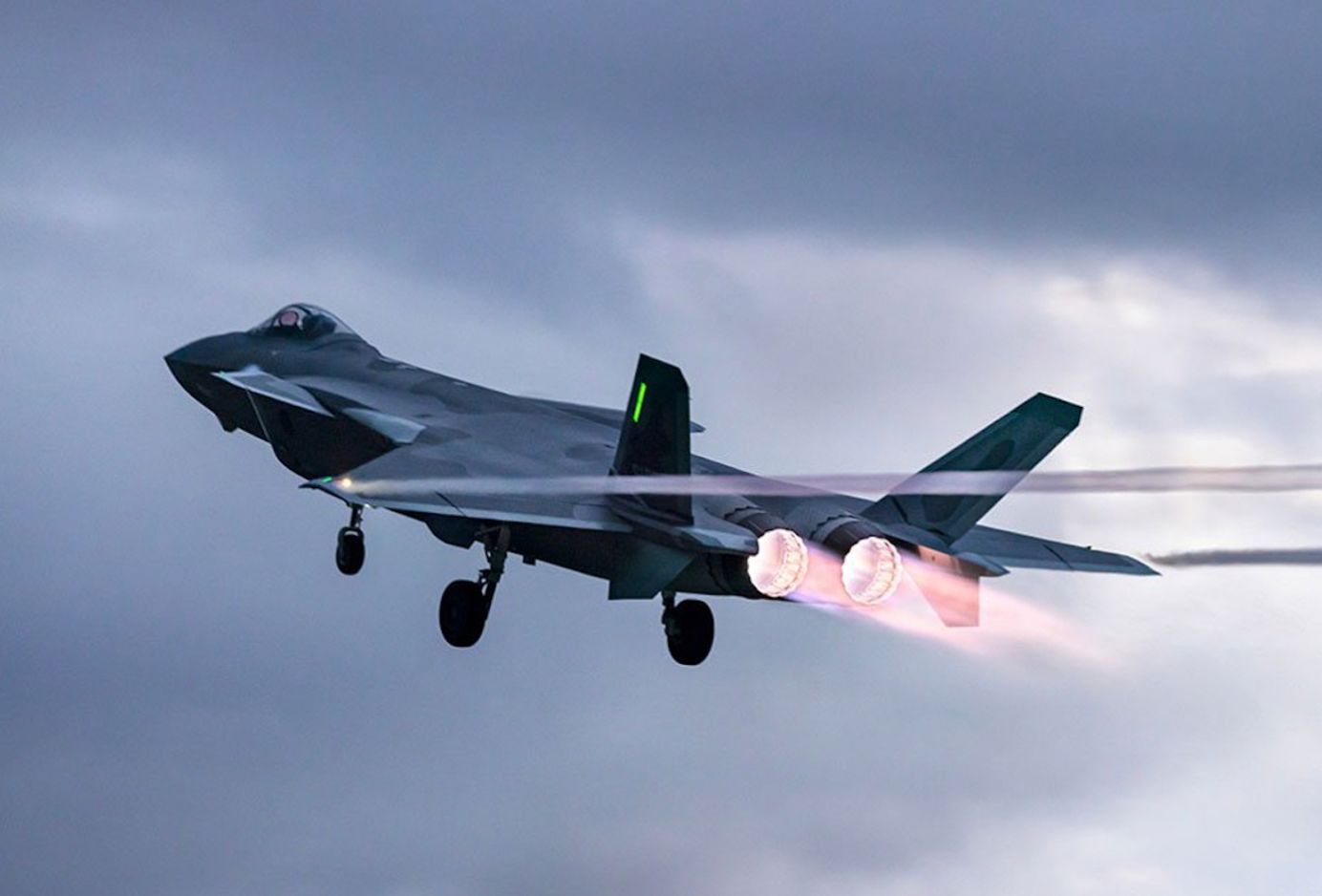What is the reason for continued violence, unrest and stone-pelting in the Kashmir Valley? Stone pelting seems to be the optimal way for agencies to keep the Kashmir valley simmering with tensions and conflicts, according to experts.
Pelting in Kashmir has become a trend, where local Kashmiri youths are “reportedly” enticed with drugs, money and religion to throw stones at the Indian defense forces. EurAsian Times analyses the reason that author Syed Shafiq expresses in his editorial blog.
- Can’t accept Independent Kashmir as a permanent solution: Pakistan
- India Using Israel’s “Palestine Strategy” To Crush Rebellion in Kashmir?
- When Israeli Hi-Tech Bombs Succeeded in Palestine But Failed in Kashmir
Drugs and Money To Attract Youths?
According to the United Nations International Drug Control Programme survey, there were more than 70,000 drug addicts in Kashmir, including 4000 Women addicts.
According to the secondary research of EurAsian Times, the survey also revealed that 65 to 70% of the student community in Kashmir (the ones who mostly indulge in stone-pelting) are taking drugs and 26% of female students have also fallen into this trap. More than 70% of addicts fall in the age group of 18-35 years.
During the 2016–17 Kashmir unrest, in March 2017, India Today, reported that some stone-pelters are paid for protesting by separatist forces. India Today interviewed five protesters from the Baramulla district who confessed on camera that they are paid, INR 7000 a month and were also provided with clothes and shoes. One of them also said that separate funds are given for making petrol bombs.
Earlier EurAsian Times reported via a local source – that the first incident of stone-pelting occurred in 2008 which changed the way the freedom movement was being operated, from gunfighting to stone-pelting.
After that, Stone Pelting in Kashmir became very common as a medium of revolt. Stone Pelting in Kashmir which is executed by trained hired youth can fetch them about Rs. 6000-7000 a month, that too on a part-time basis, while they continue to do their routine business in a very normal manner.
New Techniques To Nab Stone Pelters
Personnel of the Jammu and Kashmir police were seen recently using the Israeli strategy of nabbing stone pelters. According to reports, some policemen in Srinagar were disguised as stone pelters and had merged with the crowd as it gathered to pelt stones after the Friday prayers in Jama Masjid in Srinagar.
According to reports, soon after the Friday prayers ended, stone pelters had begun pelting stones at CRPF and J&K police personnel. But there was no retaliation from the security forces.
Instead, the security forces allowed the stone-pelting crowd to gather and intensify their attack. Eventually, two persons were revealed to be leading the mob from the front and urging the mob to pelt stones were whisked away by the cops disguised as stone pelters.
- Pakistan Promotes The Struggle of Kashmiri Pandits, But Accidentally
- We Killed Kashmiri Pandits because they were Indian Agents
Has Stone Pelting Gone Down?
Incidents of stone-pelting at security forces and waving of Pakistani and ISIS flags had become a daily routine in the valley during the three years rule of the PDP-BJP government that came to an end on 19 June when the BJP withdrew support to the then Chief Minister Mehbooba Mufti.
Stray incidents of stone-pelting are now being witnessed at the sites of encounters between the security forces and terrorists where miscreants among residents of neighboring villages emerge to make attempts for the escape of the hauled terrorists. Overall, the incidents of stone-pelting have dramatically gone down with a combined effort.
What Do People Say in Kashmir
From the stone pelters’ view who talked to EurAsian Times, they don’t pelt stones to win, rather this kind of activity is done by them to showcase their protest and anger.
People who are troubled beyond tolerance, show their resistance to the forces of oppression by hurling stones. This is the only cheap available weapon in their hands to show their anger. It is the stone that virtually acts as the weapon of the weak and reflects the stone pelters outburst.
The act of Stone Pelting in Kashmir is harsh but, the whole action scene still can be described as ‘non-violent protest’ when compared to an armed struggle. The aftereffect of these kinds of acts are being felt by the Kashmiri youths studying outside the state as they are often referred to as stone pelters.
Is There a Solution?
Overall, this is a vicious circle and the Indian government needs to find a concrete and durable solution. Stone Pelting in Kashmir by genuinely angry people and instigated mobs (which could be via drugs, money or using the religious cards) leads to retaliation by the Indian security forces. The retaliation comes via the use of pellet guns, live fire, night raids, arrests, beatings, etc. which often results in the loss of precious lives in Kashmir.
Not all people killed or injured are part of the paid mobs, and their anguish triggers massive anger and protests amongst the local population. The angry mobs, along with paid recruits, again start to pelt stones at the security forces, which like a vicious cycle, results in retaliatory actions by the security forces.




